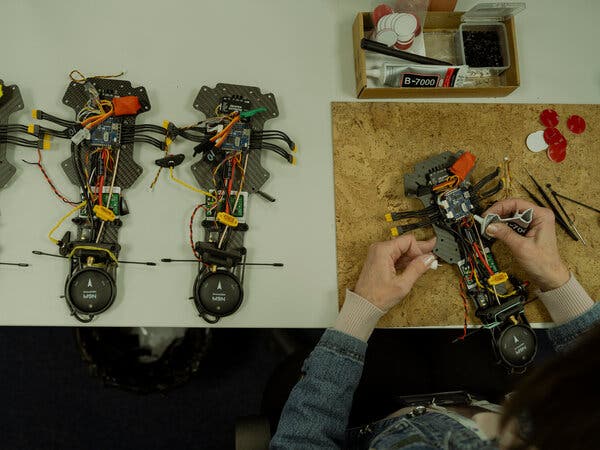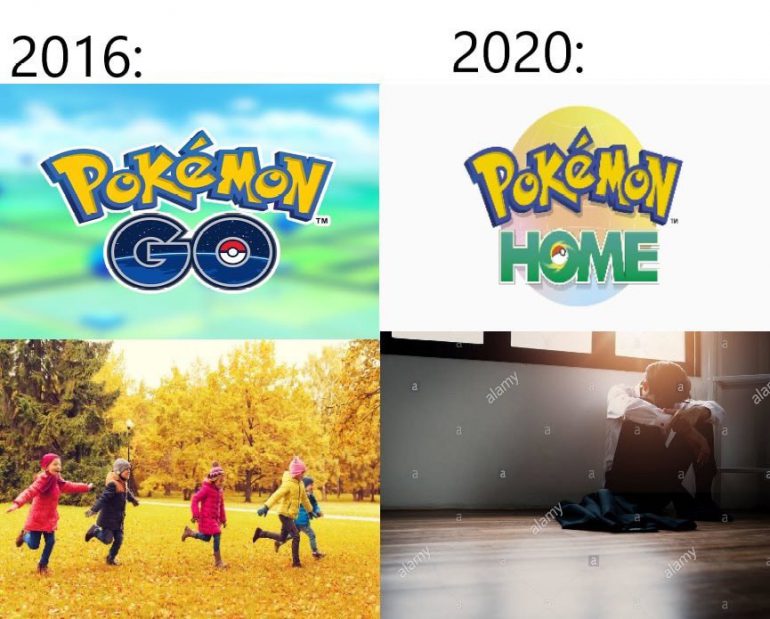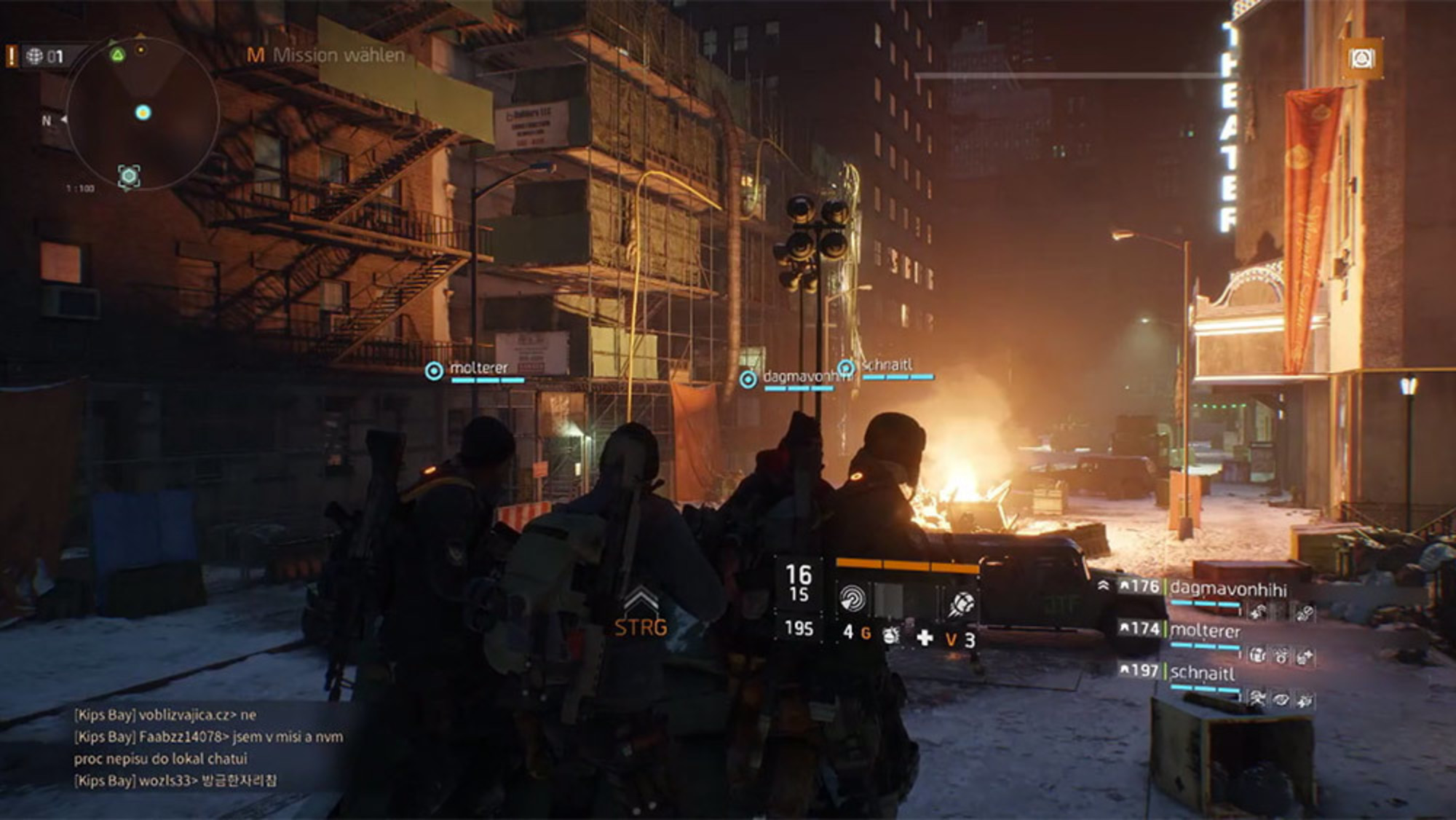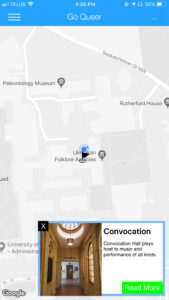Mitigating the risk of extinction from AI should be a global priority alongside other societal-scale risks such as pandemics and nuclear war.
The Center for AI Safety has issued a very short Statement on AI Risk (see sentence above.) This has been signed by the likes of Yoshua Bengio and Geoffrey Hinton. I’m not sure if it is an alternative to the much longer Open Letter, but it focuses on the warning without any prescription as to what we should do. The Open Letter was criticized many in the AI community, so perhaps CAIS was trying to find wording that could bring together “AI Scientists” and “Other Notable Figures.”
I personally find this alarmist. I find myself less and less impressed with ChatGPT as it continues to fabricate answers of little use (because they are false.) I tend to agree with Elizabeth Renieris who is quoted in this BBC story on Artificial intelligence could lead to extinction, experts warn to the effect that there are a lot more pressing immediate issues with AI to worry about. She says,
“Advancements in AI will magnify the scale of automated decision-making that is biased, discriminatory, exclusionary or otherwise unfair while also being inscrutable and incontestable,” she said. They would “drive an exponential increase in the volume and spread of misinformation, thereby fracturing reality and eroding the public trust, and drive further inequality, particularly for those who remain on the wrong side of the digital divide”.
All the concern about extinction has me wondering if this isn’t a way of hyping AI to make everyone one and every AI business more important. If there is an existential risk then it must be a priority, and if it is a priority then we should be investing in it because, of course, the Chinese are. (Note that the Chinese have actually presented draft regulations that they will probably enforce.) In other words, the drama of extinction could serve the big AI companies like OpenAI, Microsoft, Google, and Meta in various ways:
- The drama could convince people that there is real disruptive potential in AI so they should invest now! Get in before it is too late.
- The drama could lead to regulation which would actually help the big AI companies as they have the capacity to manage regulation in ways that small startups don’t. The big will get bigger with regulation.
I should stress that this is speculation. I probably shouldn’t be so cynical. Instead lets look to what we can do locally.







